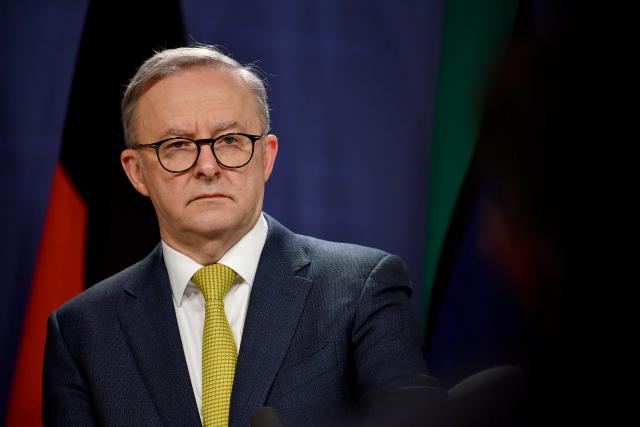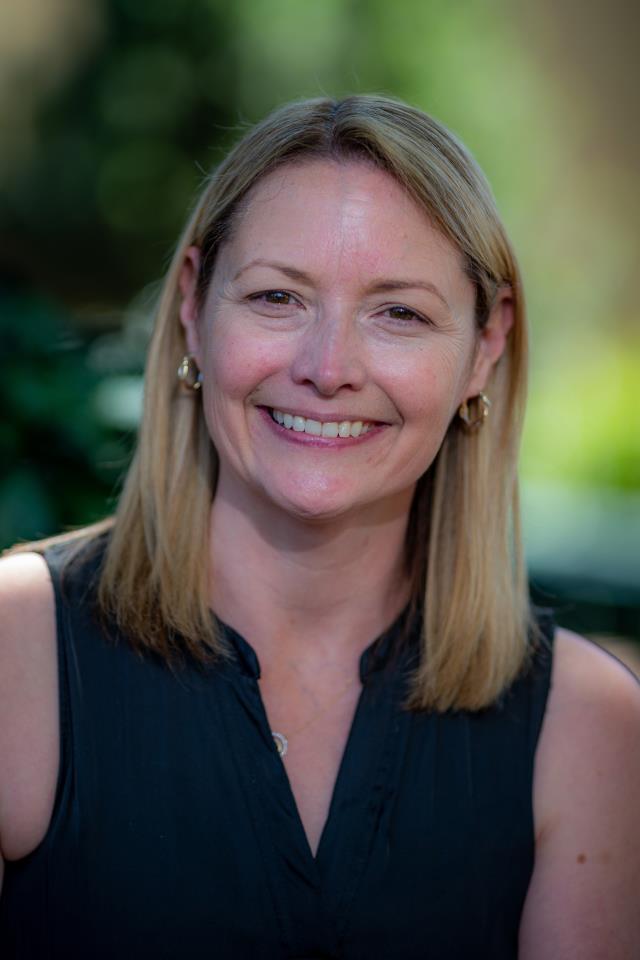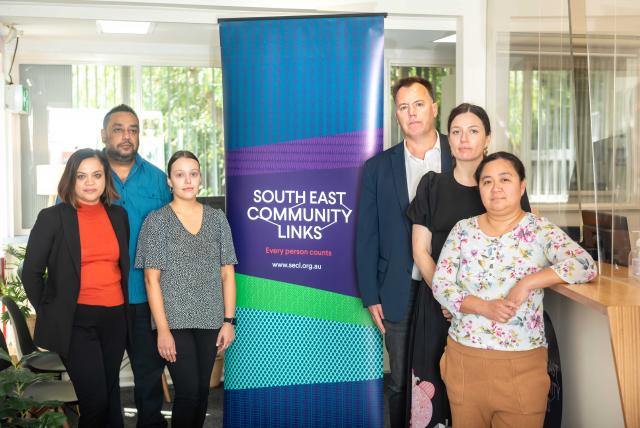
Emily Chapman Laing
The Albanese government has brought the Australian Federal Budget to a surplus for the first time since 2007 but many groups in the south east remain unsatisfied with this years’ spending.
The Albanese government touted the budget as providing important cost of living relief without fuelling inflation.
Some relief for struggling Aussies will come in the form of higher JobSeeker, Youth Allowance and Austudy payments, expanded eligibility for single parents to get the Parenting Payment and a pay rise for low paid workers.
Out-of-pocket health costs will also see a decline, as the budget is set to triple the bulk billing incentive and provide more bulk billing urgent care clinics.
South East Community Links (SECL) Head of Financial Wellbeing Kay Dilger said the budget has some positive outcomes, “such as increased support for single mothers and better access to bulk billing GPs”.
“However, the harsh reality is that the marginal increase to JobSeeker payments is insufficient to ease the financial burden faced by countless Australians.
“An increase of just $2.85 per day will not alleviate the financial stress experienced by many individuals and families in Melbourne’s south eastern suburbs.
“Despite some positive measures in the budget, we’re bracing ourselves for a wave of emergency relief and financial counselling requests from the community.”
Ms Dilger says the need for emergency food relief has doubled and mortgage stress has skyrocketed from 15 per cent to 25 per cent in financial counselling with no funding to match the demand.
“Without more substantial support from the government many families in the south eastern suburbs will be left struggling to make ends meet.”
However the removal of the 5-year eligibility criteria for migrants and refugees to access the Settlement Engagement and Transition Support Program will make a significant difference to many SECL clients.
“Newly arrived people in our community can continue to access essential support after five years, enabling them to fully participate in and contribute to our society,” Ms Dilger said.
“At the same time, we will need to see further government investment in this program to accomodate this expanded eligibility.”
La Trobe MP Jason Wood said it was “disappointing” that the Federal Government was silent on confirming funding for any projects within the area.
“They have scrapped millions of dollars for Infrastructure programs to fund their pet projects,” he said.
“Albanese has now scrapped significant road upgrades in the hills which I secured in 2019 by working alongside my local communities.
“Clyde Road upgrade funding now may be in danger thanks to Labor’s three-month infrastructure review.”
The $250 million Clyde Road Upgrade has been delayed by up to 12 months with $41.5 million cut over the forward estimates.
The project would see new lanes created both ways between the Berwick train station and the Monash Freeway, as well as an upgraded intersection and turning lanes at Kangan Drive, to allow improved access to Casey Hospital.
Mr Wood said he was calling on the Federal Government to confirm which projects they would honour and when they would begin works on incomplete projects.
“It is completely unfair that Hills residents are subject to second rate, dangerous roads with potholes in winter and dust in summer,” he said.
Meanwhile Holt MP Cassandra Fernando said the Albanese government delivered a “responsible” budget.
“I am extremely pleased that even in the face of cleaning up the Coalitions 9 years of debt mess, we have delivered a budget that helps Australians and delivers a modest budget surplus, something the previous Liberal Government never achieved,” Ms Fernando said.
“I am encouraged by the increase across the board to Jobseeker, Youth Allowance, and Austudy.
“These increases, alongside other important cost of living relief measures, represent an important step to better support the most vulnerable in our nation.”
Ms Fernando said the changes to the Parenting Payment for single parents is massive for Holt, one of the youngest electorates in Victoria.
“These parents will be $176.90 better off per fortnight compared to the current JobSeeker rate, which they would previously have transitioned to when their child turned 8.”
The payments will now be extended until eligible parents’ youngest child turns 14.
Ms Fernando praised the energy bill rebate, wage increases for aged care workers and increases to bulk-billing medical services.
“It is important to look at these various cost of living relief measures as a whole, providing relief across the targeted demographics that need it most,” she said.
Wayss General Manager Shari McPhail said Wayss applauds the federal government for recognising cost of living pressures are forcing many families to the brink.
“But the budget measures are insufficient,” she said.
“The increase to Job Seeker, Youth Allowance and Austudy of $2.85 per day, or $20 per week, is well below the Economic Inclusion Advisory Committee’s recommended rise of at least $128 a week to ensure people can merely cover the basics.
“The first real increase in over three decades of 15% to Commonwealth Rent Assistance will neither ease the rental vacancy squeeze nor enable those already experiencing or at risk of homelessness access to private rental.”
Ms McPhail said other measures, such as investment in Medicare to increase bulk billed consults and the $300m investment to retrofit 60,000 social housing homes, “will greatly benefit people on very low incomes”.
However Wayss remains concerned.
“With the Housing Australia Fund still to pass the Senate, our communities most vulnerable will continue to be forced to live on the margins,” Ms McPhail said.
“They will continue to have no place to call home.”
South East Melbourne Manufacturers’ Alliance Chief Executive Honi Walker said SEMMA “cautiously welcomes” the Federal Budget.
Ms Walker says there is “minimal immediate impact” on manufacturers, but also little to get excited about.
“It will be business as usual for SEMMA members in the south east, now the hub and powerhouse of Australian manufacturing,” she said.
“SEMMA is pleased that defence spending will continue.
“The investment in the renewable energy sector is also welcomed, however the government will need to listen to industry on the issues affecting manufacturers.”
The budget outlines around 5 million households and 1 million small businesses who will receive energy bill relief up to $500 for households and $650 for businesses.
Indigenous communities will receive $1.9 million over five years for improvement of quality of life and economic opportunities.
The budget also holds an environmental focus, with emissions reduction developments and environmental protection funding.
Other winners of the budget include aged care, agriculture, child care, community services, and sport.
Despite the modest improvements made by the Albanese government in this years’ budget, there are those sectors inevitably on the losing side.
The gas industry will have an extra $2.4 billion in extracted through changes to the Petroleum Rent Resource Tax.
New migrants will also see a 6% increase in the cost to apply for a visa.
Recreational vapers are by far taking the biggest hit, with disposable vapes to be banned in Victoria and others only available through prescriptions in a bid to snuff out a “new generation” of nicotine addicts.
Other losers of the budget include smokers, international students and truckers.








